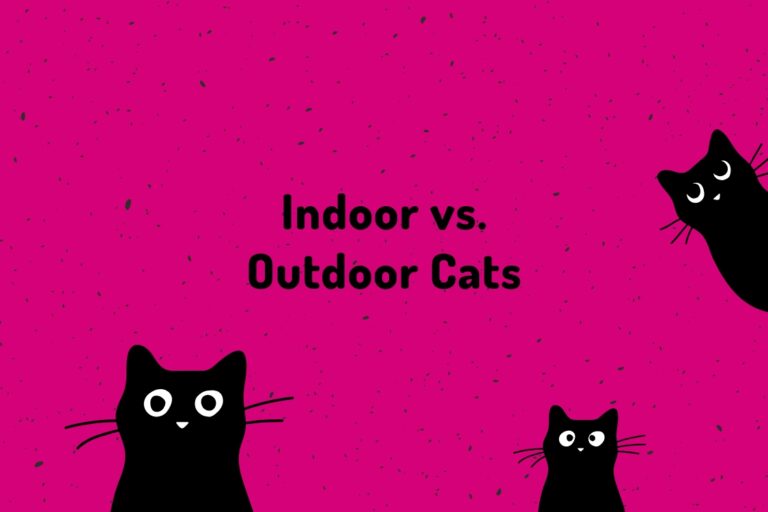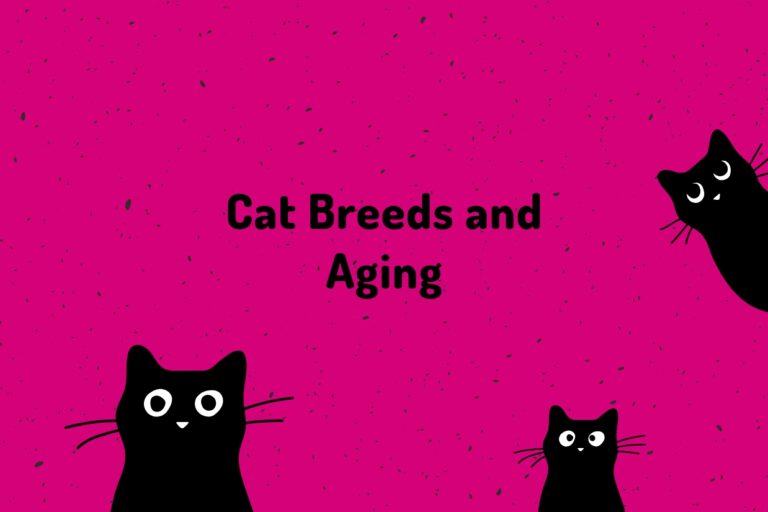Cat Lifespan: How Long Do Cats Live and What Factors Influence Their Longevity?
Cats are, indeed, the companions of a man. They are independent, playful, and affectionate animals. Cat owners pondering, “What is the life expectancy of my cat, and what must I do to maintain a long and healthy life for it?” may find that the average life span of a cat varies in several ways—whether it’s an indoor or outdoor cat, its breed, diet, exercise, and veterinary care. Using a Cat Years To Human Years Calculator can also provide valuable insight into your cat’s age in human terms, helping you better understand their life stage and needs. These and more useful suggestions for giving a cat a long and good-quality life will be discussed in this article.
Life Expectancy of Cats: Indoor Life or Outdoor Life
The house in which a cat is kept will have a heavy impact on how many years it could possibly live. The life span of indoor cats usually exceeds the life span of outdoor cats because of the following reasons:
Indoor Cats: An average life of an indoor cat ranges anywhere from 12 to 20 years, some even into their mid-20s. Because of that, the indoor environment lessens exposure to cars, predators, infectious diseases, and all other hazards that wreak havoc on their lives.
Outdoor Cats: Anything free-roaming will usually end up dead somewhere between 5 and 10 years. With danger lurking all around—from accidents to animal brawls to anything toxic or infectious—there is a pervasive potential risk.
If maximum biological longevity is what you are after through keeping the cat indoors or in a specially secure outside run, then that would be best.
Factors That Affect Lifespan in Cats
These are the determinants that are instrumental in providing any length of life to the bacteria. After knowing them, proactive means can be adopted to prolong the life span of a feline.
1. Breed and Genetics
Some cats tend to live very long lives—by genetics being pre-positioned against health problems; for example:
- The Siamese and Burmese cats seem to live until their late teens or even early 20s.
- Maine Coons and Ragdolls average between 12 and 15 years for their lifespan.
- The glamorous Persian cat may have an even shorter life expectancy because of the respiratory difficulties it gets due to its fur.
- These hybrids—mixed-breed cats—gain from hybrid vigor, which means they tend to lead longer and relatively healthier lives.
2. Diet and Nutrition
Healthy nutrition is essential for promoting a cat’s health and therefore lifespan. Properly balanced nutrition might minimize the chances for developing diseases, such as obesity and diabetes—too much information of which was given in the above.
- Feed your cat only protein foods appropriate for its species.
- Better understanding of portion size will avert the problem of overfeeding.
- Have your cat drink fresh water daily to promote kidney health.
3. Exercise and Mental Stimulation
Basically, exercise and mental stimulation keep all the above pets healthy and prevent various forms of boredom:
- Interactive toys and puzzle feeders.
- Play with your kitty every day with feather wands or laser pointers.
- Cat trees or climbing shelves for movement.
4. Veterinary Care
Regular veterinary checkups are extremely necessary because early detection leads to early intervention. The core principles of choice for veterinary care are:
- Annual wellness checks for an update with your vet regarding any issues arising.
- Vaccinating against common sickness.
- Some dental care prevents dental disease, so that the whole health matrix does not go downhill.
- Prevention against ectoparasites like flea and tick control and worming.
How to Extend Cat Life
Here are some practical tips for extending your cat’s life:
- House confinement: Everything should be provided generously indoors, keeping dangers away from outside sources.
- Spay/neuter: Helps reduce the risk of certain types of cancers as well as some behavioral problems.
- Healthy weight: Obesity leads to metabolic disorders such as diabetes, arthritis, etc.
- Mental stimulation: A happy cat is a healthy cat.
- Be proactive by keeping up with vet visits for your feline: Early intervention can truly make a world of difference.
Frequently Asked Questions (FAQs)
Average Lifespan of a Domestic Cat?
A domestic cat can be expected to live between 12 and 15 years, but many cats live to late teens and early 20s with very good care.
Do Indoor Cats Live Longer than Outdoor Cats?
In most cases, the answer is yes as indoor cats tend to live longer than their outdoor counterparts due to the exposure of being outside regularly to many threats: traffic, predators, and diseases are just a few of them.
Does a Cat’s Diet Affect Its Lifespan?
An adequately balanced, high-quality diet is certainly one of the first contributors to preventing obesity or any health problems from appearing, which in turn may prolong the life and health of your cat.
How Can I Tell If My Cat Is Aging Well?
Weight control is good, active and playful; bright and shiny coat; bright, clear eyes—these are some signs of an aging healthy cat. A regular veterinary visit will also tell a lot about your pet’s health status.
What Is the Longest Documented Age of a Cat?
The oldest-ever documented cat is Creme Puff, who lived for 38 years. That is an exceptional age, but it strikes a point home: a well-bred cat really can live long.
Conclusion
Knowing what really affects lifespan in a cat would make one much better and well-informed on how to keep it. Even input from small such as feeding from a safe environment indoors, nutritious food, or regular check-ups with the vet would greatly add on the time a cat has got. Concern for health and welfare may translate into many rewarding years with one’s feline companion.
Nevertheless, every cat is different; each feline is different from the last one trait-wise. Thus the lifespan will come with the combination of gene, lifestyle, and caregiving. And when together with love, attention, and the right treatment, this will ensure a long and fulfilling life for every cat.







